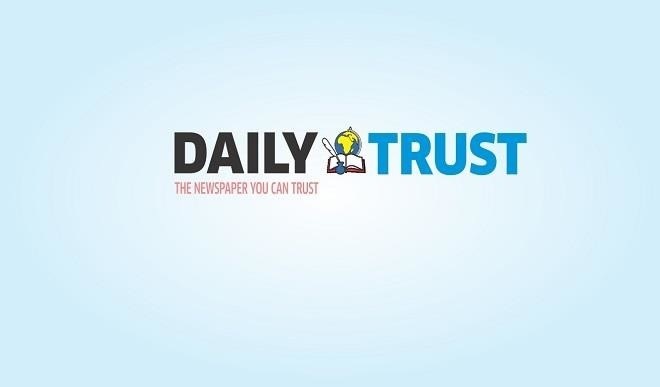Japanese embassy, NGO donate classrooms to Abuja school
The Japanese Embassy in collaboration with a non-governmental organisation, Change Managers International Network, has donated two blocks of six classrooms to LEA Primary School, Angwa Dio in Gwagwalada Area Council of the Federal Capital Territory. Commissioning the project, the Deputy Head of Mission of the Japanese Embassy, Umetsu Shigeru, said the project is the embassy’s […]


The Japanese Embassy in collaboration with a non-governmental organisation, Change Managers International Network, has donated two blocks of six classrooms to LEA Primary School, Angwa Dio in Gwagwalada Area Council of the Federal Capital Territory.
Commissioning the project, the Deputy Head of Mission of the Japanese Embassy, Umetsu Shigeru, said the project is the embassy’s contribution to the development of local communities in the country.
Shigeru said Japan placed high premium on education as the only means of harnessing the huge potential of the nation, reiterating its commitment to the development of the nation’s educational sector as the surest way of developing the country’s economy.
"The project is part of the scheme of the embassy to help contribute to the development of the local communities in Nigeria. We believe that human development is key to the development of any nation. We will continue to assist Nigeria to realize its huge potential by investing more in its educational sector,” he said.
In her address, the President of Change Managers International Network, Mrs Felicia Onibon, said the school was picked after due consideration, adding that the developmental project was to reach out to the "hard to reach" communities.
Onibon was optimistic that the project will bring succour to the pupils and create conducive environment that aids learning.
She revealed that necessary maintenance mechanism has been put in place to ensure proper maintenance of the facility.
“We have been working hard for eight years now to reach hard to reach communities. When we say a community is not doing well, it is because it’s lacking basic educational facilities. It is our belief that this project will create the conducive environment that aids learning,” she stated.
